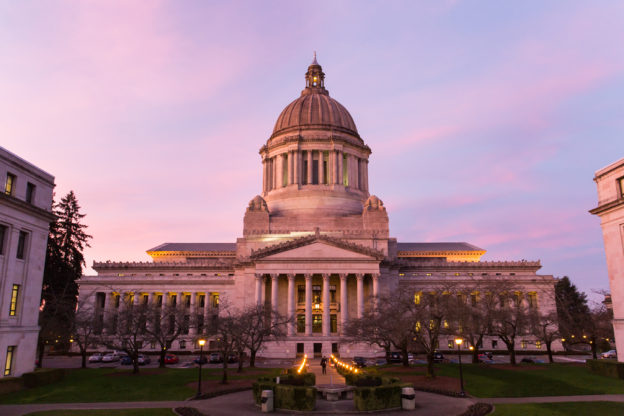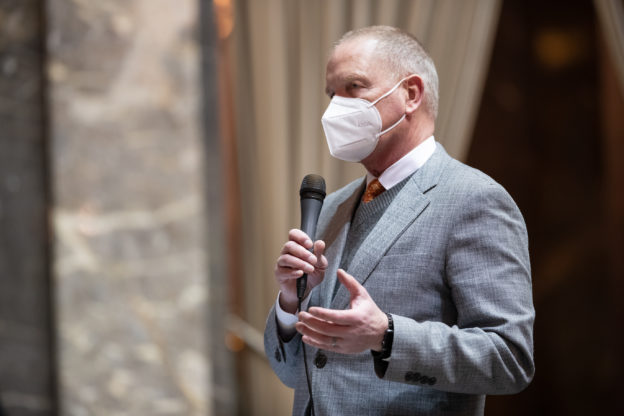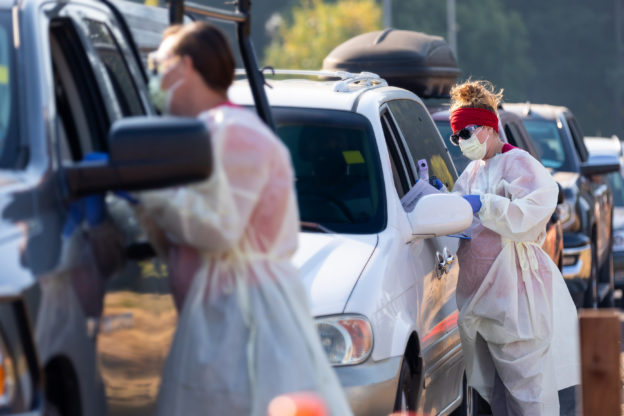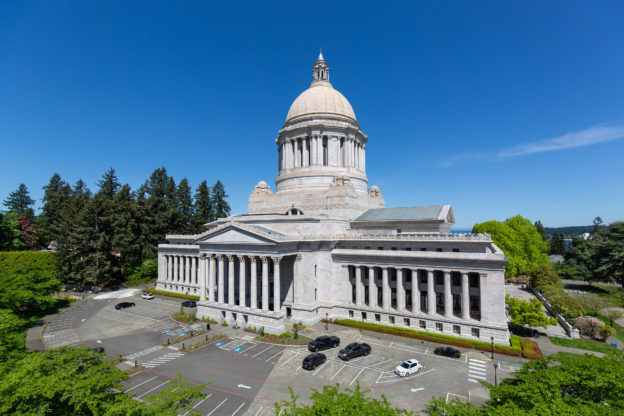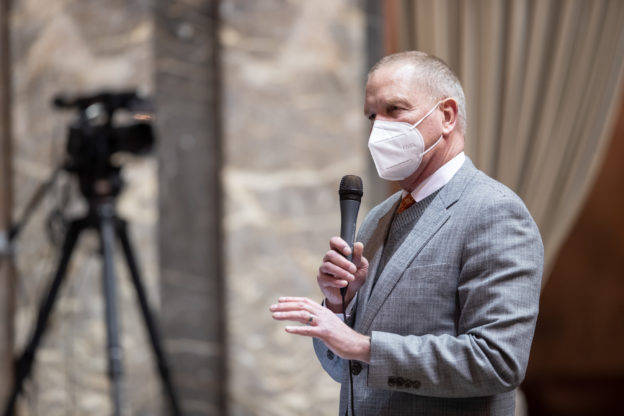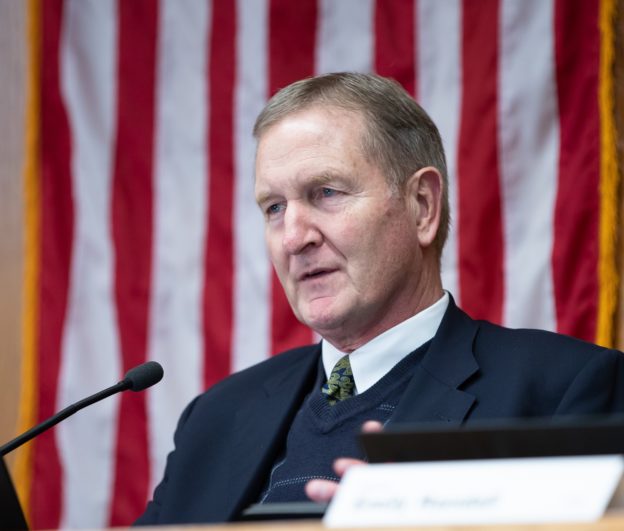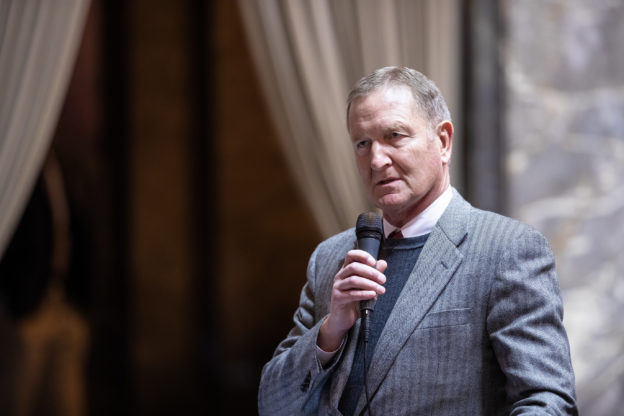Republicans ask Inslee to rethink plan – improper release of more than 1,100 inmates makes state liable for new crimes
To see a copy of this letter, click here.
Senate Republicans today formally asked Gov. Jay Inslee to rethink his plan to deal with the coronavirus crisis by releasing 1,167 prison inmates onto the streets. For one thing, they point out that it’s illegal.
Inslee is responding to a state Supreme Court order that the state take “all necessary steps” to protect prison inmates from the spread of COVID-19. The court didn’t tell Inslee how to do it, however, and the mass release of prisoners is the governor’s idea.
With a formal letter to the governor Friday, Senate Republicans are alerting the governor’s office that the plan violates the state constitution. They warn that the state could be on the hook for any new crimes committed by inmates who are improperly released. They also note that the state has other options that do not threaten public safety. The letter was signed by all 21 members of the Senate Republican Caucus.
“The governor’s office is trying to tell us this public health emergency requires us to throw open the doors of our state prisons,” said Sen. Jeff Holy, R-Spokane, a retired law enforcement officer and attorney. “Of course it doesn’t. In fact, the constitution forbids it.
“The governor’s office no doubt overlooked this constitutional problem when it decided a mass release of convicted felons was a good idea. That’s why we thought it would be helpful to remind the governor of this issue. The governor’s office needs to be aware that the plan violates state law, and that Washington taxpayers could face millions of dollars in liability for new crimes committed by felons who should have been behind bars.”
The letter notes that Inslee is planning to release prisoners without notifying crime victims or their families, meaning that they will have no opportunity to protest. This violates a provision of the Washington constitution passed by an overwhelming 78 percent vote of the people in 1989. Article I, Section 35 of the constitution, known as the “Crime Victims’ Bill of Rights,” requires that crime victims be notified of every proceeding relevant to their case, and that they be given the opportunity to speak when inmate releases are considered.
The letter asks Inslee to explain the legal authority under which he proposes to ignore the requirements of the Washington Constitution.
It also observes that the state has other options that do not require the release of prison inmates. These include the expansion of work-release programs, the use of portable facilities, and the transfer of prisoners to the Maple Lane facility in Thurston County. Maple Lane is particularly well-suited for isolation and quarantine, because it has the capacity, and because Corrections’ central pharmacy is located at the site.
Under ordinary circumstances, a third of inmates are arrested for new felonies within three years of their release from prison. The state already has learned the hard way that it is liable for new crimes committed by felons who are improperly released. In 2015, the inadvertent release of some 3,000 prisoners due to a programming error led to two deaths, numerous other violent crimes, and millions of dollars of lawsuits from crime victims and their families. The letter notes that the earlier releases were accidental. “In this case, the releases will be deliberate, and the state’s responsibility for any new crimes is all the more clear.”
Sen. Mike Padden, R-Spokane Valley, ranking member on the Senate Law and Justice Committee, said Republicans recognize Inslee’s office is under pressure to do something to address concerns about coronavirus in the state’s prison system. “We have many ways to deal with this problem that do not require us to turn inmates loose,” Padden said. “Unfortunately, many in Olympia are pursuing an agenda to relax our laws, shorten sentences and release inmates before their time is up. So these better options are being ignored.
“We appreciate the challenges the governor’s office has faced in dealing with the coronavirus crisis. But we shouldn’t use it as an excuse to turn more than a thousand criminals onto the streets, ignore the state constitution, and create an even more difficult situation for the more than 7 million Washington residents who respect our laws.”











